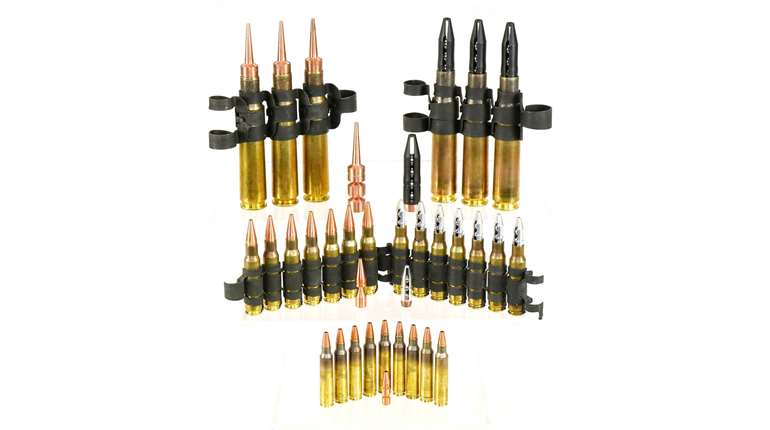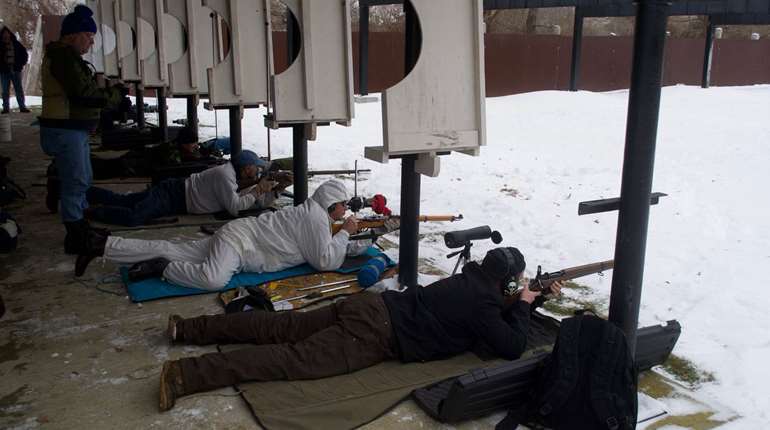
On May 16, 2020, the USS Portland, an amphibious transport dock ship, successfully disabled an unmanned aerial vehicle (UAV) with a solid-state laser. The Department of Defense has experimented and deployed a variety of devices to shield against UAV attack, including shoulder-mounted electronic devices designed to scramble circuitry or jam radio signals, firearms and even net launchers, but continues its search for something to increase distance and effectiveness against larger targets.
“By conducting advanced at sea tests against UAVs and small crafts, we will gain valuable information on the capabilities of the Solid State Laser Weapons System Demonstrator against potential threats,” said Capt. Karrey Sanders, commanding officer of USS Portland. The successful test is the first system-level implementation of a high-energy class solid-state laser.
The problem isn’t exclusive to the military, either. In October 2018 FBI Director Christopher Wray told a Senate committee, “"The FBI assesses that, given their retail availability, lack of verified identification requirement to procure, general ease of use, and prior use overseas, UAVs will be used to facilitate an attack in the United States against a vulnerable target, such as a mass gathering."
Large UAVs are not the only concern. Inexpensive commercial drones have become a serious security threat for U.S. forces in the global war on terrorism and are employed by ISIS to drop grenades on allied forces and scout unobstructed routes for suicide bombers.
The U.S. Navy has been developing directed-energy weapons (DEWs), including lasers, since the 1960s. DEWs are defined as electromagnetic systems capable of converting chemical or electrical energy to radiated energy and focusing it on a target, resulting in physical damage that degrades, neutralizes, defeats or destroys an adversarial capability.
U.S. ships face an increasing number of threats in conducting their missions, including UAVs, armed small boats, and adversary intelligence, surveillance and reconnaissance systems. The Navy’s development of DEWs will provide immediate commanders additional options when facing a potential threat.







































